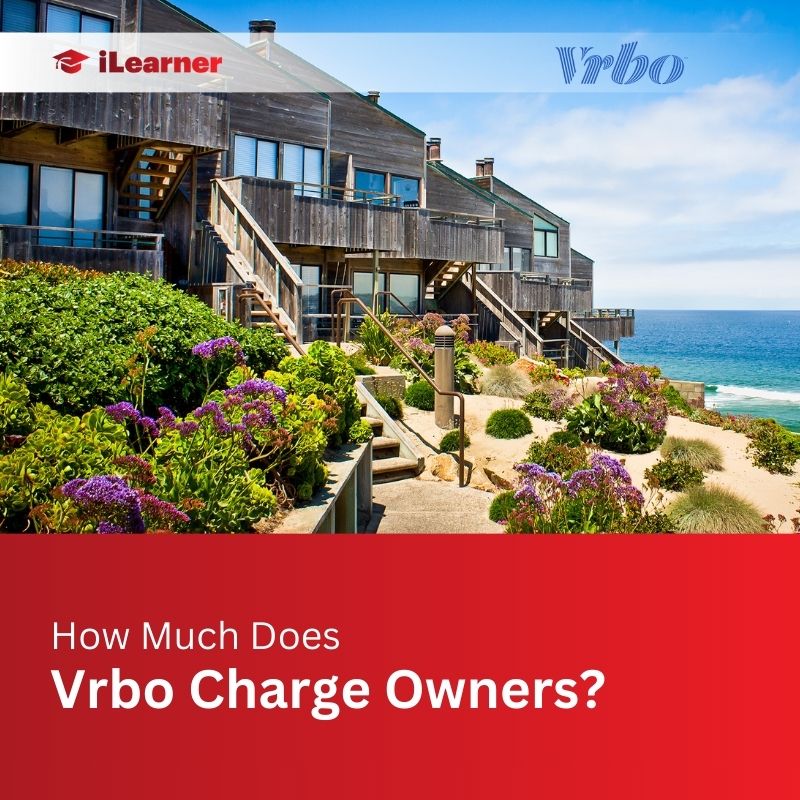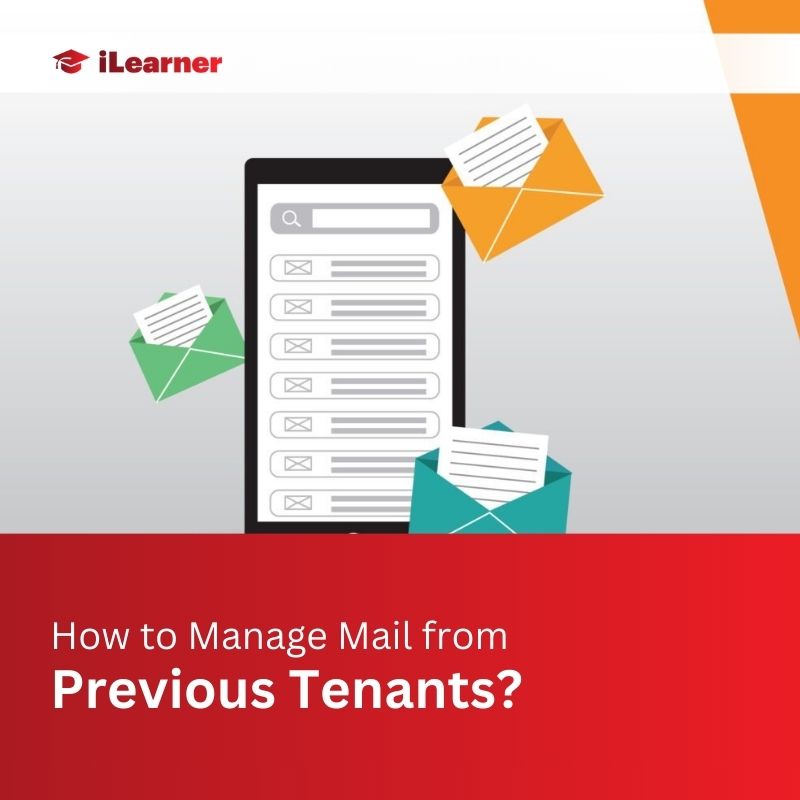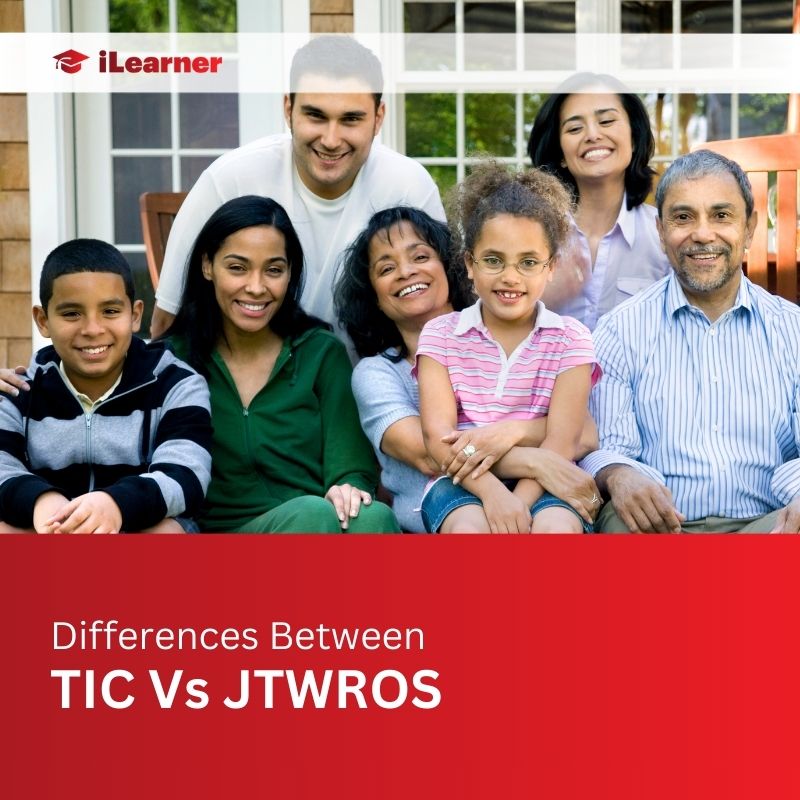Vrbo (Vacation Rental By Owner) stands as a prominent platform for vacation rental owners to showcase their properties and attract guests. While it offers a reliable way to generate income, hosts need to be aware of the fees associated with using Vrbo.
In this comprehensive guide, we will explore the various aspects of Vrbo host fees, shedding light on the fee structures, comparisons with other platforms, and strategies to optimize earnings.
Why Understanding Vrbo Host Fees Matters
In the intricate landscape of vacation rentals, hosts and guests alike benefit from a clear comprehension of Vrbo host fees. For hosts, this understanding becomes the cornerstone of effective financial management.
It not only aids in devising an optimal pricing strategy but also empowers hosts to evaluate the overall value proposition offered by the platform. For guests, awareness of host fees is crucial for accurate budgeting, allowing them to make informed decisions when selecting vacation rentals.
The Breakdown of Vrbo Host Fees
Vrbo provides hosts with two primary fee structures: Subscription Fees and Pay-per-Booking Fees. Each comes with its own set of advantages and considerations.
Subscription Fees
Opting for a subscription model requires hosts to make a one-time payment of $499 upon signing up as a Vrbo host. This payment grants hosts the freedom to list multiple vacation rental properties without incurring additional service charges.
One of the key benefits of the subscription option is the simplicity it brings to financial calculations – hosts need not navigate fee percentages with each booking.
Beyond this, hosts subscribing to this model gain access to several additional features, including international property listing, a Reservation Manager, and the ability to upload up to 50 photos for enhanced property visibility.
Pay-per-Booking Fees
For hosts who prefer flexibility over a one-time commitment, the pay-per-booking option is available. This model involves paying a specified percentage each time a property listing secures a booking.
The breakdown of this fee includes an 8% charge of the booking, consisting of a 3% payment processing fee and a 5% commission fee. While this option enables hosts to avoid a larger upfront fee, meticulous calculation is required to determine earnings per booking, considering the split nature of the fees.
Comparing Vrbo Fees with Other Platforms
Understanding how Vrbo’s fee structure compares to other vacation rental platforms is vital for hosts seeking to optimize their revenue streams. Let’s explore the fee structures of popular platforms such as Airbnb, Booking.com, HomeAway, and FlipKey.
Airbnb
Airbnb, a major player in the vacation rental industry, typically charges hosts a guest service fee around 3%. In addition to this, variable booking guest service fees range from 0% to 20% of the booking subtotal.
Airbnb provides hosts with a flexible fee structure, allowing them to choose between a percentage-based fee or a fixed fee per booking.
Booking.com
Booking.com, renowned for hotel bookings and extending to vacation rentals, charges hosts a commission fee. This fee is usually a percentage of the booking value, typically ranging from 16% to 20%. Unlike some platforms, Booking.com does not impose booking fees on guests.
HomeAway
HomeAway, a sibling platform to Vrbo under the same company, shares a similar fee structure. It charges hosts an annual subscription fee, varying from a few hundred to a few thousand dollars, depending on the listing’s location and features.
Additionally, HomeAway applies a booking fee to guests, generally falling within the range of 5-15% of the booking total.
FlipKey
Owned by TripAdvisor, FlipKey charges hosts a commission fee, typically around 3-5% of the booking total. Notably, FlipKey does not burden guests with any service fees.
Comparing these fee structures provides hosts with valuable insights into the financial dynamics of various platforms, enabling them to make informed decisions aligned with their specific needs.
Tips to Optimize Your Vrbo Fees
Effectively managing Vrbo fees involves strategic pricing and marketing approaches. Here are actionable tips to help hosts optimize their Vrbo fees and enhance their overall rental income:
Market Research
Conduct thorough market research to understand pricing trends for similar vacation rentals in your area. Analyze properties with comparable features, locations, and amenities to gain insights into competitive rates.
This knowledge forms the foundation for setting competitive pricing for your vacation rental.
Competitive Pricing
Set your rental rates competitively. While aiming for the highest possible price is tempting, it’s essential to strike a balance. An excessively high rate may deter potential guests, so be realistic and consider the value your property offers compared to others in the vicinity.
Seasonal Pricing
Implement seasonal pricing to capitalize on high-demand periods and adjust rates during slower seasons. Charge a higher nightly rate during peak times, such as holidays or local events, and offer discounts during off-peak periods to attract guests. This dynamic pricing strategy optimizes your rental income throughout the year.
Length of Stay Discounts
Encourage longer bookings by offering discounts for extended stays. This strategy not only increases occupancy rates but also secures bookings for more extended periods. Guests appreciate cost savings for extended stays, contributing to a positive experience and potentially earning repeat business.
Transparent Cleaning Fees
Be transparent about cleaning fees, security deposits, and any refundable damage deposits. Clearly communicate these additional charges to guests. Some hosts include these fees in the nightly rate, while others prefer a separate cleaning fee. Ensure that your cleaning fee accurately reflects the property’s cost and is competitive within the market.
These optimization tips empower hosts to navigate Vrbo fees strategically, enhancing their property’s appeal and maximizing rental income.
Conclusion
In the dynamic world of vacation rentals, understanding and effectively managing Vrbo host fees is pivotal for both hosts and guests. Whether opting for a subscription model or pay-per-booking fees, hosts can strategically navigate these structures to optimize their rental income.
Additionally, comparing Vrbo fees with other platforms provides valuable insights for hosts to make informed decisions. By implementing actionable tips, such as competitive pricing, seasonal adjustments, and transparent fee communication, hosts can enhance their property’s appeal and financial performance.
FAQs:
Q1: What is the difference between Vrbo’s subscription fees and pay-per-booking fees?
Vrbo’s subscription fees involve a one-time payment of $499, granting hosts the ability to list multiple properties without additional service charges. Pay-per-booking fees, on the other hand, require hosts to pay a specified percentage for each booking, offering flexibility but demanding meticulous calculation.
Q2: How does Vrbo’s commission fee compare to other platforms like Airbnb?
Vrbo’s commission fee is 5% of the booking amount, whereas Airbnb typically charges hosts a guest service fee of around 3%. It’s crucial for hosts to compare these fees across platforms to make informed decisions based on their specific needs.
Q3: Can hosts on Vrbo set their own cleaning fees?
Yes, hosts on Vrbo have the flexibility to set their own cleaning fees. This transparency in fee structure allows hosts to communicate additional charges clearly to guests.
Q4: Are there any special features associated with Vrbo’s subscription option?
Yes, hosts opting for Vrbo’s subscription model gain access to special features, including international property listing, a Reservation Manager, the ability to upload up to 50 photos, an interactive map, and a reservation calendar.
Q5: How can hosts optimize their Vrbo fees for maximum rental income?
Hosts can optimize Vrbo fees by conducting market research, setting competitive pricing, implementing seasonal adjustments, offering length-of-stay discounts, and transparently communicating cleaning fees and security deposits.
Also Read:




